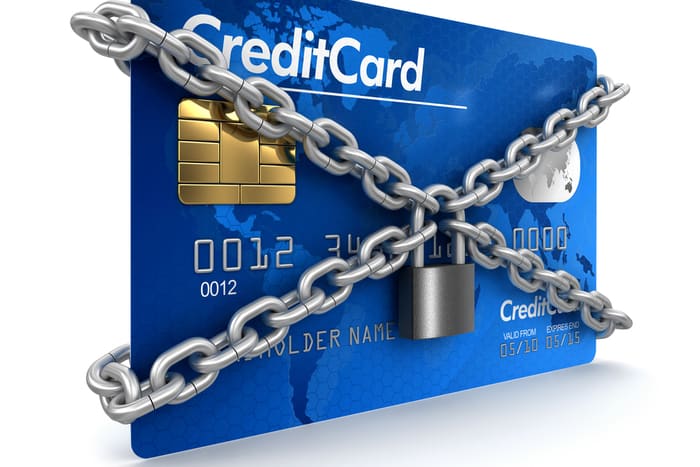If you are trying to bring your credit score up, you may find yourself at a loss as to where you should to begin. With so much advice floating around the Internet, you may not be sure where to start. So, how do you raise your credit score? It’s not easy, and it takes time. But once you have reached your goals, it can be truly satisfying to know that you are guaranteed to be approved for a mortgage or personal loan.
Before you read this article, keep in mind that you don’t have to do all 40 of these things to help bring up your score. You may be able to find just a few tips that will apply to your specific situation.

40. If You’re At Zero, Get a Secured Credit Card
Ever since the financial crisis of 2008, it became far more difficult for young people to get their first credit card. And if you were in a bankruptcy, you may struggle to get a new credit card after a while, too. Nowadays, there is something called a “secured credit card”. In case you did not know, this is a credit card that you actually pay for.

Sounds backwards, right? Aren’t credit cards supposed to be all about borrowing money? Well, a secured credit card requires a deposit, because they are not sure if they can trust someone with a zero credit score. So the payment is necessary just in case you miss a payment. Remember that the whole point of this is to build your credit score. Once you have a score established, you can move on to better cards.
